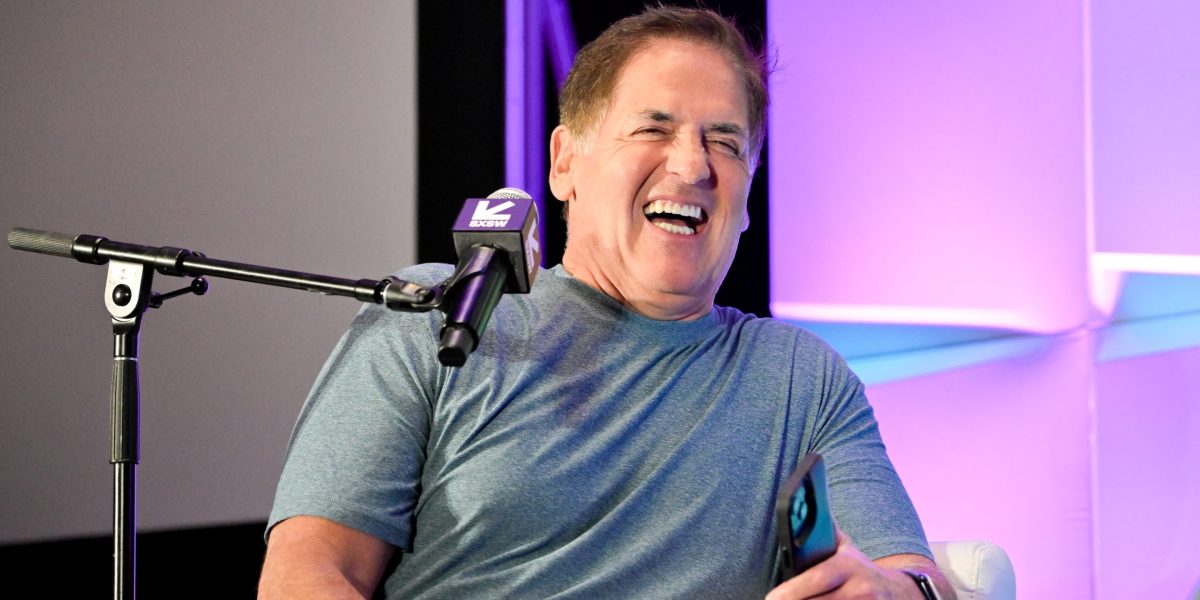Startup companies
fromSilicon Canals
13 hours agoDenzel Washington on why failure is progress: "Fall forward. Every failed experiment is one step closer to success" - Silicon Canals
Failure provides raw materials for future breakthroughs when individuals separate self-worth from work and treat setbacks as forward motion toward growth.









